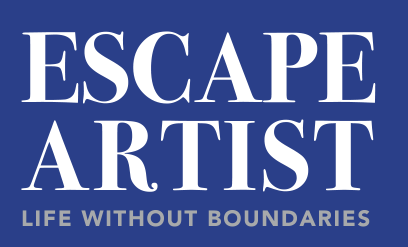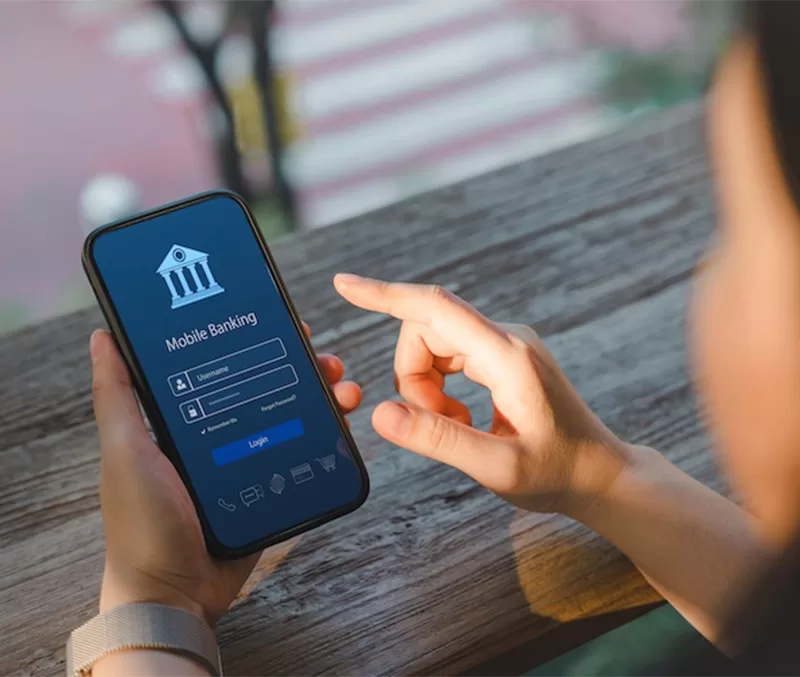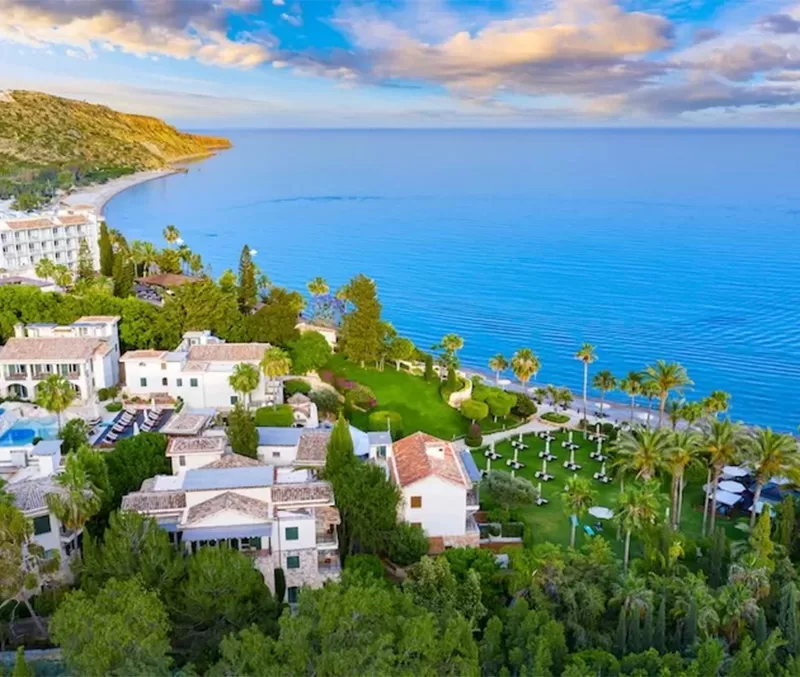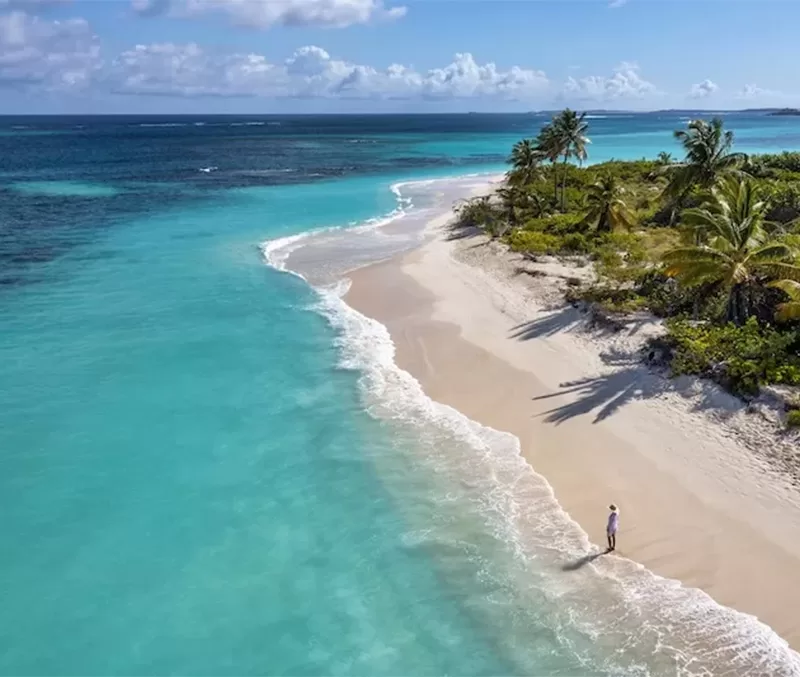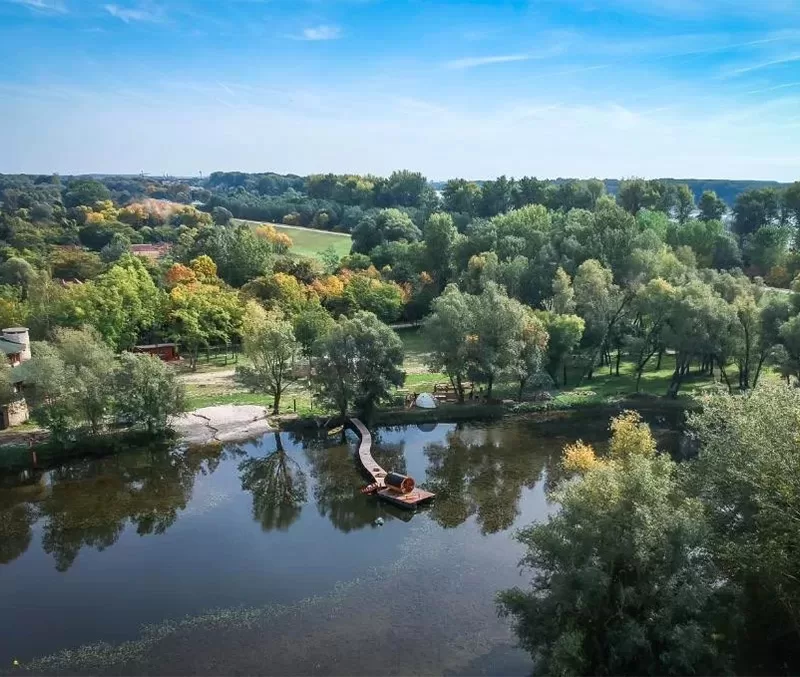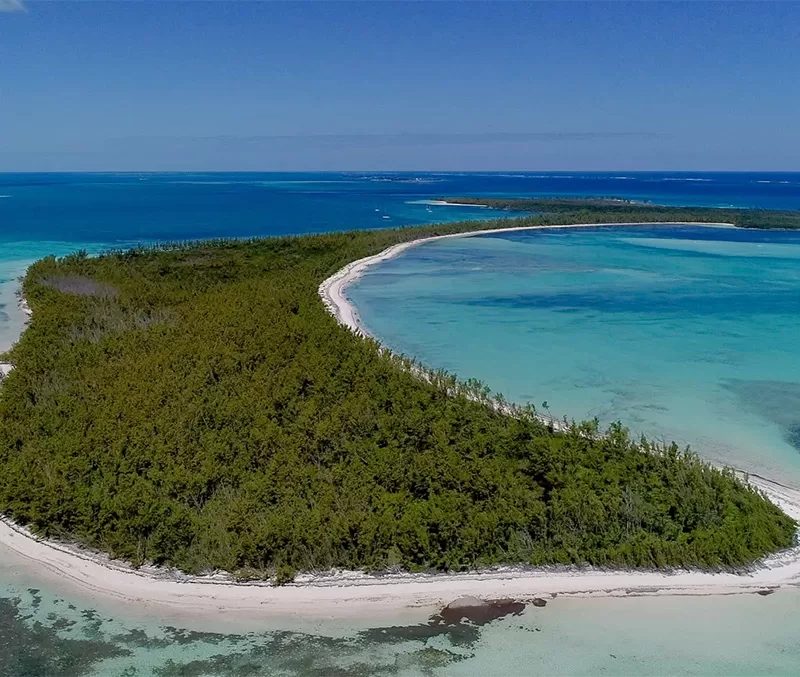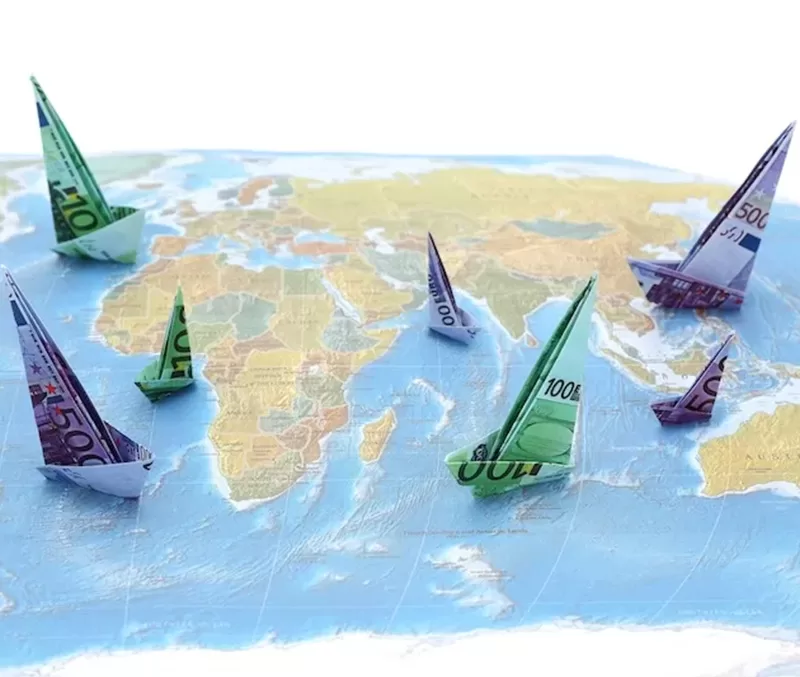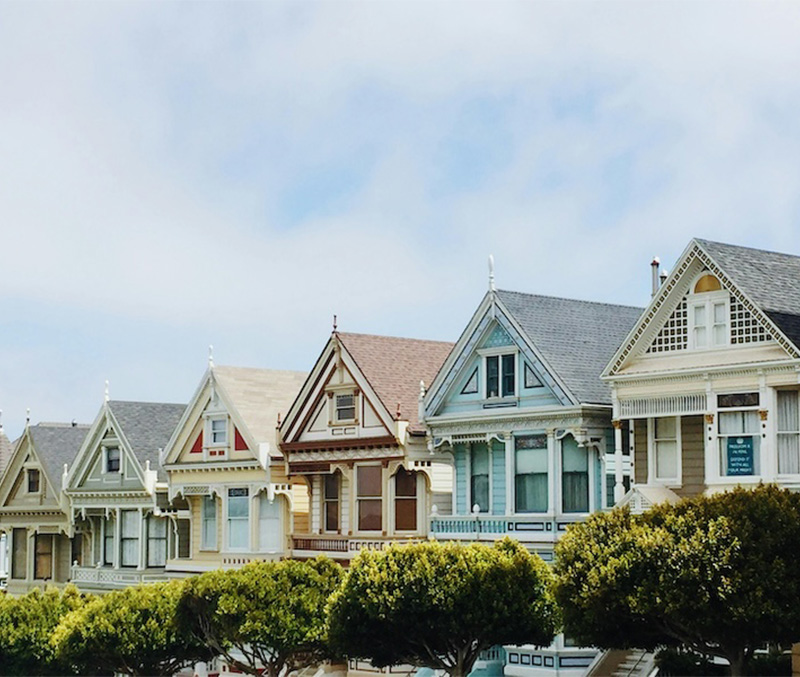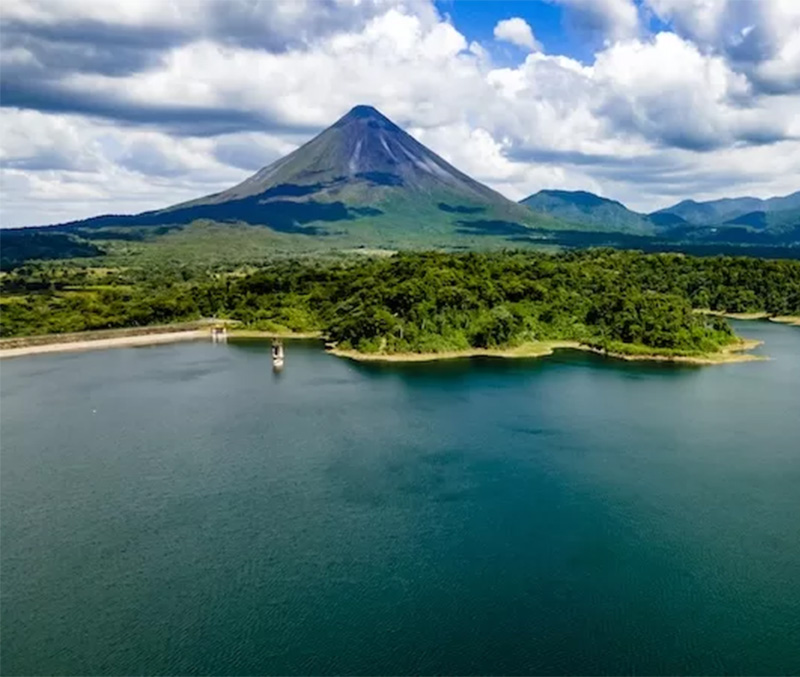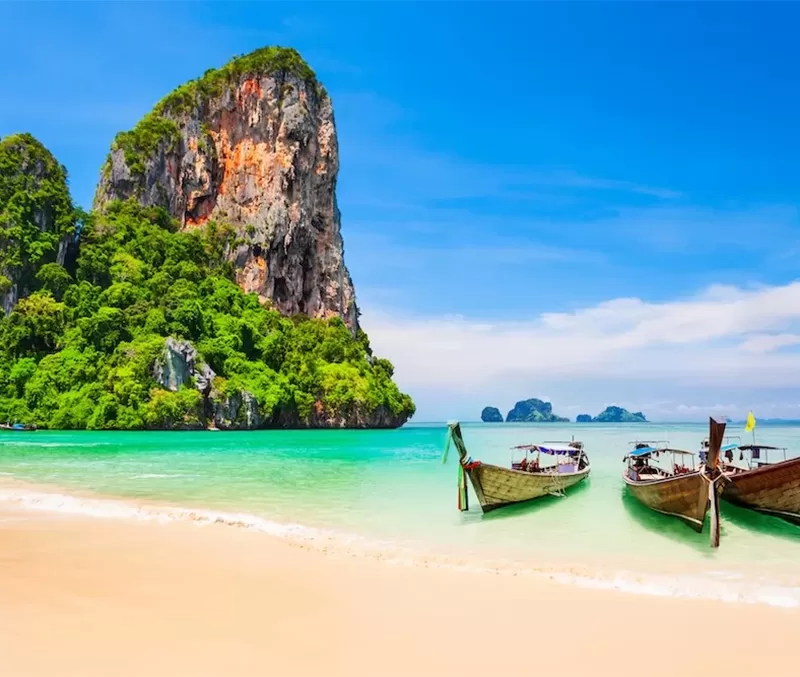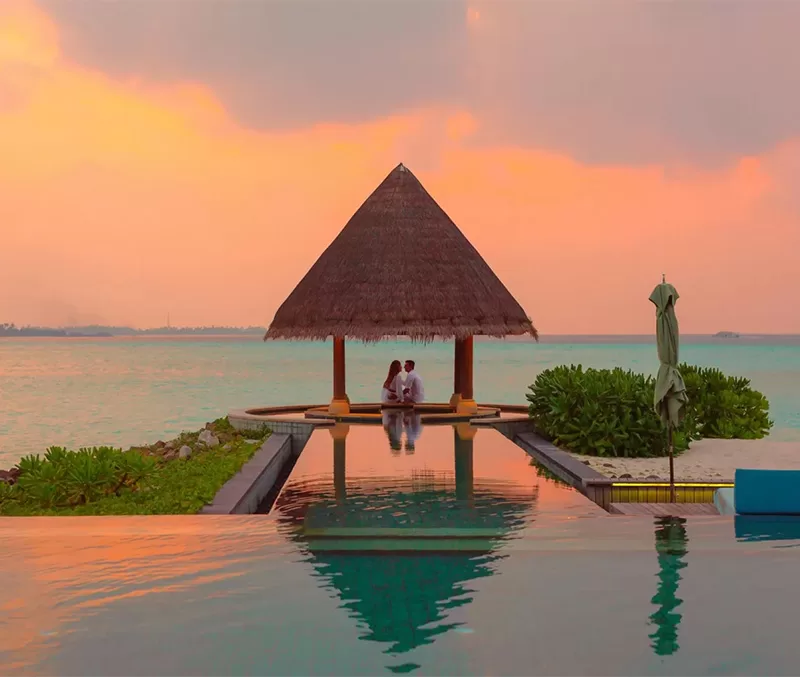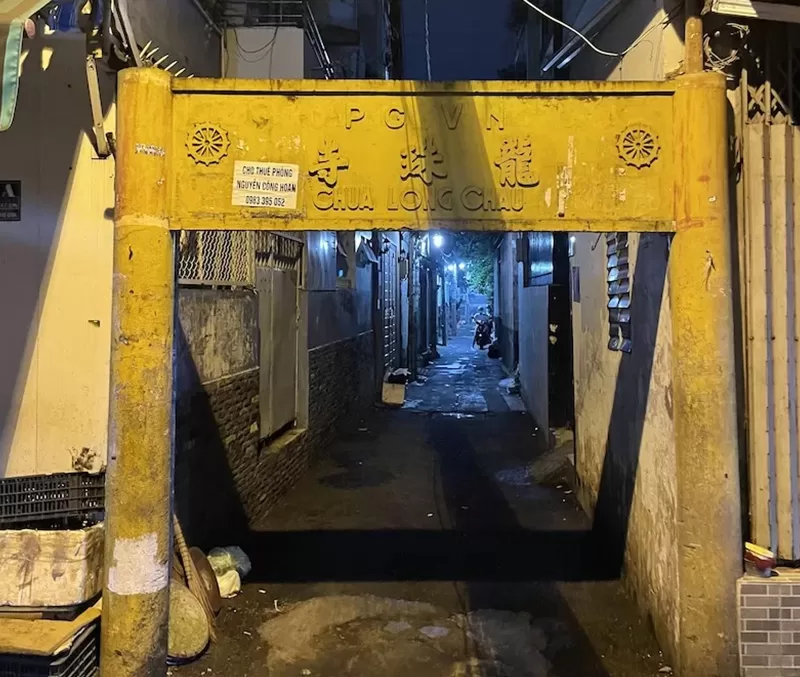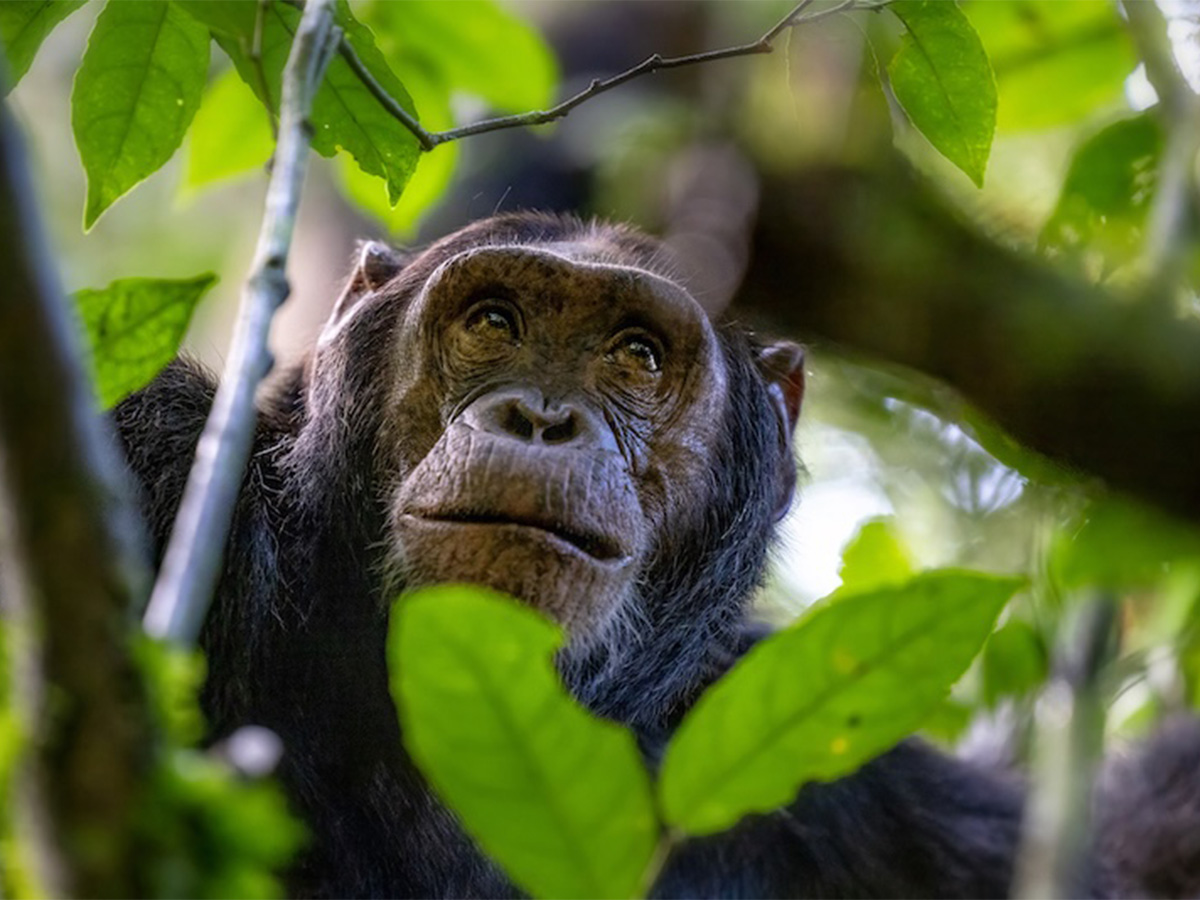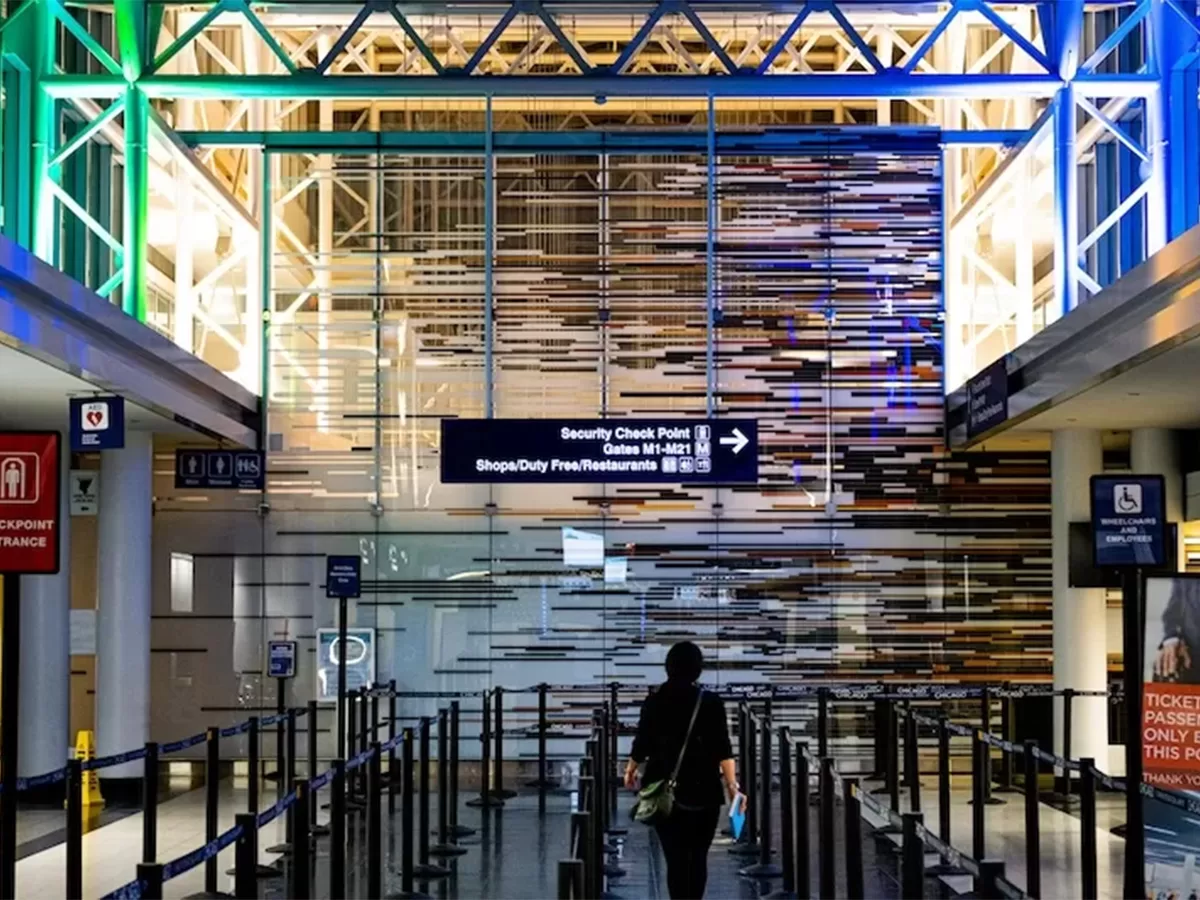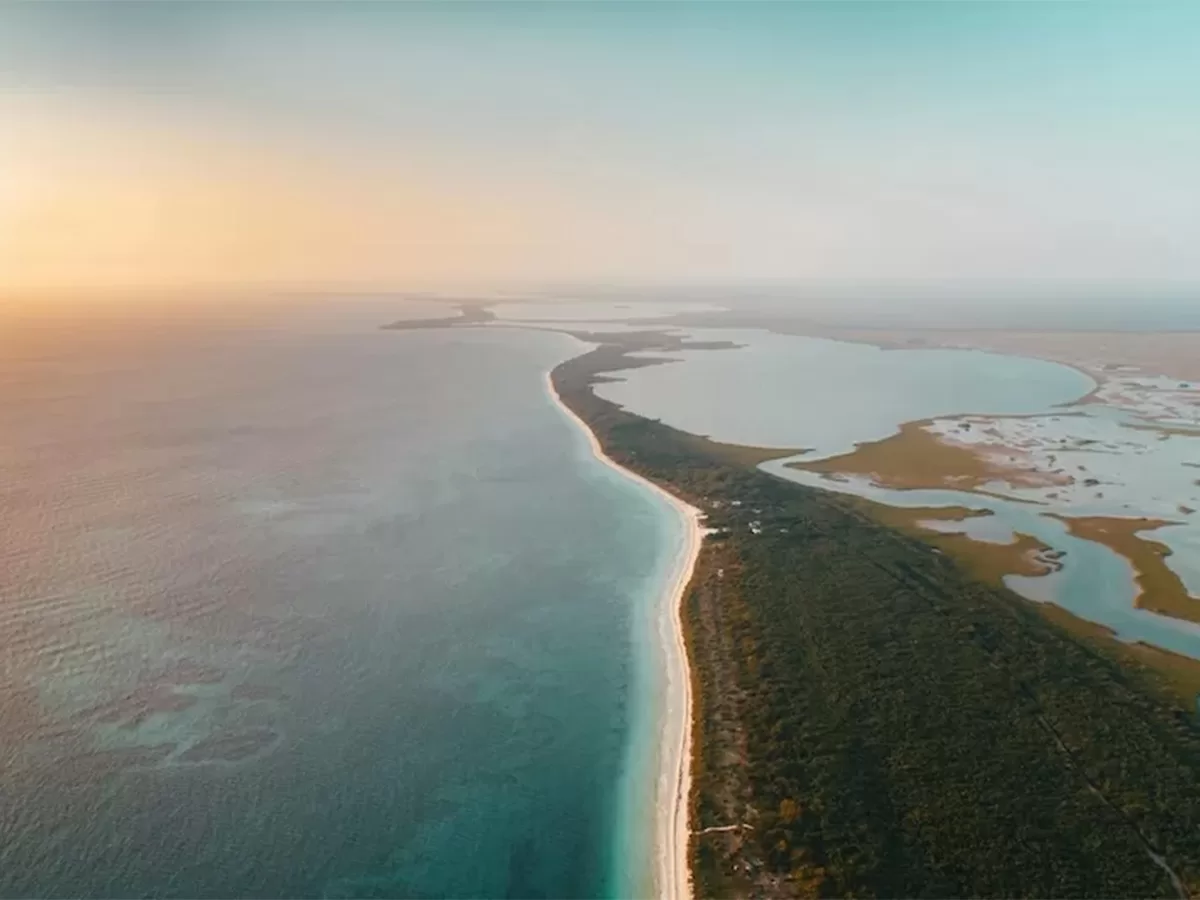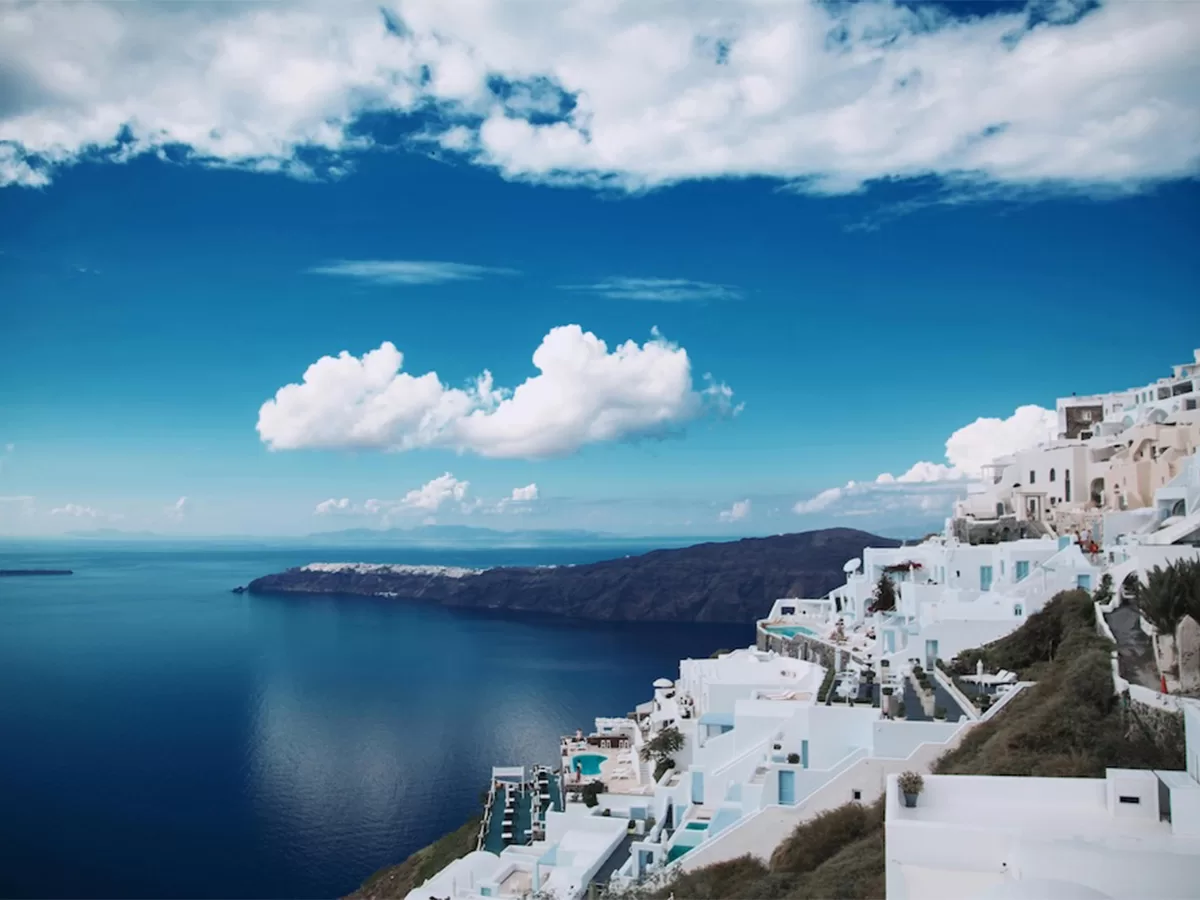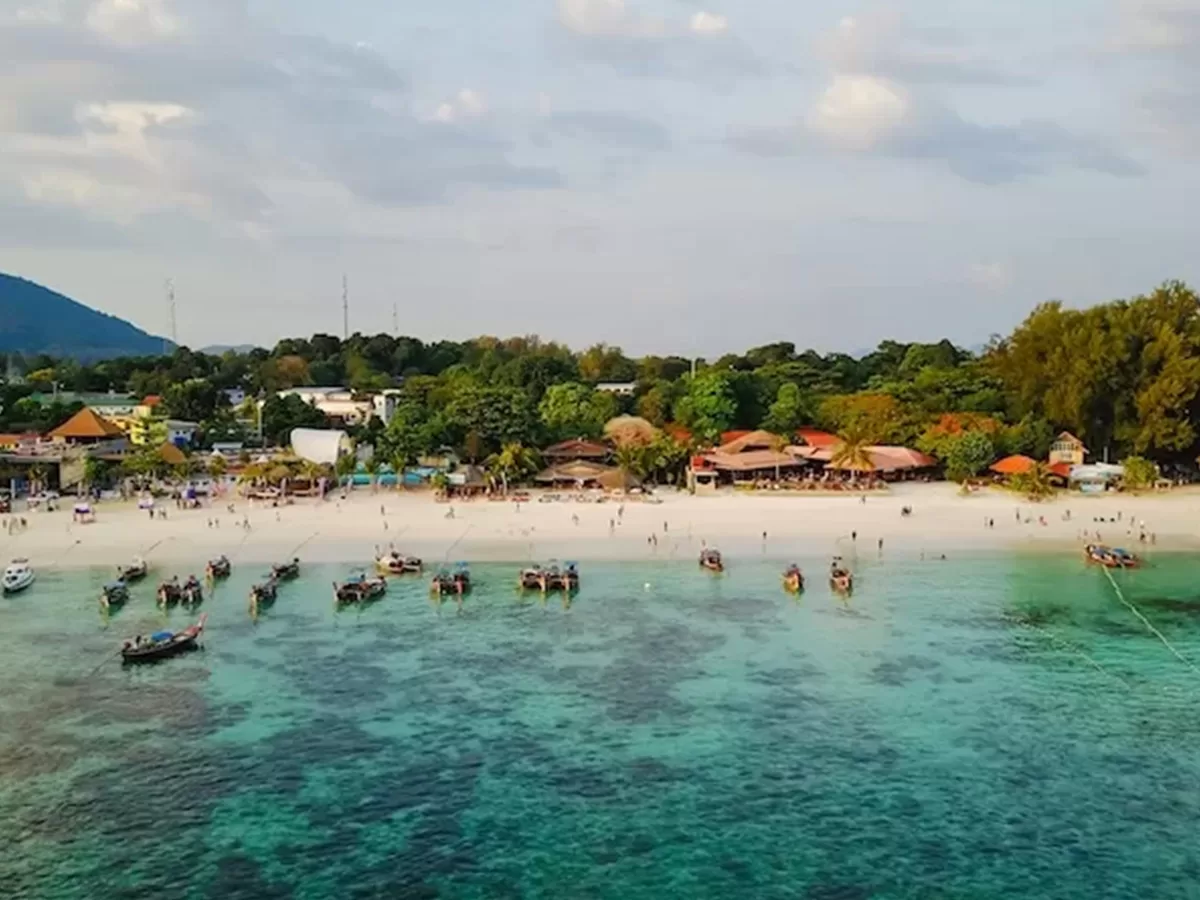Why Caribbean Citizenship by Investment Is a Wise Move
A regional real estate expert, and expat, breaks down the options and advantages
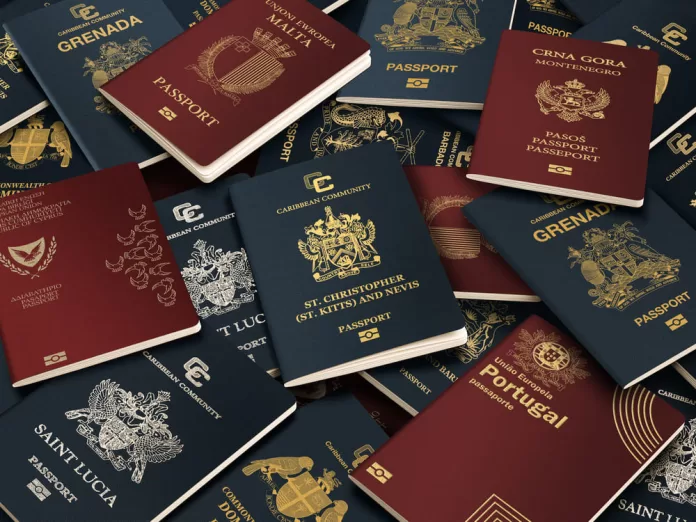
After almost a decade as a real estate investor in Canada, I made a life-changing decision several years ago. Facing six-digit tax bills, political uncertainty, and a frothy real estate market, I began exploring the idea of selling my Canadian investment portfolio and relocating to a more tax-friendly and winter-free destination.
After visiting more than 50 countries and doing endless research, I kept coming back to the Caribbean. Did a family cruise or all of the 007 films I enjoyed as a kid shape my view? Hard to say, but I do know I’d been dreaming about Caribbean living since I was a teenager.
Read More like this Global Experts Share Valuable Advice on Moving Abroad
Settling on Antigua and Barbuda—tax-friendly and beautiful, with easy flight access to other places I love—I applied for the citizenship by investment program. The process proved a bit more complicated than I’d anticipated, dragging on for more than a year. Yet over that period I gained invaluable insight into this emerging investment and relocation concept that offers foreigners a great path to freedom and prosperity.
For a few years now, I’ve been living the life of a second-citizenship Caribbean while also advising countless clients on following in my footsteps, and I’m excited to share some of my guidance with EA readers.
Overview of Citizenship by Investment
Emerging in the last 10 years, citizenship by investment, also known as economic citizenship, is a legal framework that enables individuals and families to obtain citizenship in a foreign country in exchange for an investment in its economy.
Countries around the world, including Cambodia, Turkey, Malta, and Vanautu, have in recent years embraced such programs as a way to attract investment and spur growth. But most observers generally agree that the best citizenship by investment programs are in the Caribbean.
What many people fail to realize is that these programs are designed to benefit not just the host country, but the applicants as well, providing an alternative place of residence as well as greater freedom of movement.
Investment options typically include a donation to a government-run development fund, a real estate purchase (known as citizenship by real estate investment), or the backing of government bonds or a business venture. The qualifying amounts vary by country, and range anywhere from $200,000 up to a lot more.
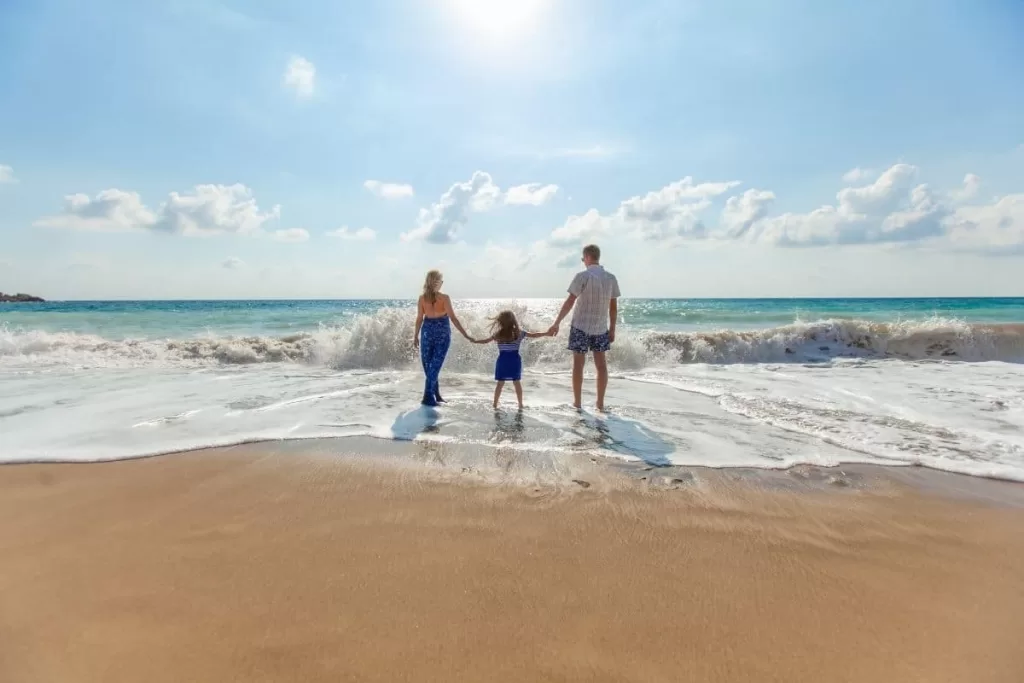
Five Caribbean states offer citizenship by investment, as detailed in the table below. For those looking to diversify their investments, secure a “Plan B” in an unpredictable world, or gain freedom of movement, these programs are a game-changer. The primary benefits include visa-free travel and tax-friendly governments, but there’s so much more to it than that.
| Country | Minimum Investment (USD) | Visa-Free Countries | Processing Time | Livability | Unique Features |
| St. Kitts and Nevis | $250,000 (Donation) or $325,000 (Real Estate) | 157 | 4-6 months | Moderate | Oldest program; strong passport; Flexible real estate option.. |
| Antigua and Barbuda | $230,000 (Donation) or $300,000 (Real Estate) | 151 | 3-4 months | High | Most livable; family-friendly with strong passport. |
| Dominica | $200,000 (Donation) or $200,000 (Real Estate) | 145 | 3-4 months | Moderate | Most affordable; fast processing; Focus on sustainability. |
| St. Lucia | $240,000 (Donation) or $300,000 (Real Estate) | 146 | 3-5 months | Moderate | Flexible options; lower fees for dependents; real estate resale allowed. |
| Grenada | $235,000 (Donation) or $270,000 (Real Estate) | 146 | 3-4 months | Moderate | Access to U.S. E-2 visa; includes siblings as dependents. |
Read More like this 12 Best Residency and Citizenship by Investment Options Under US$200K
Visa-Free Travel & Minimal Taxes
Visa-free travel isn’t just a luxury; it’s a major advantage for investors and businesspeople, and for families from developing countries. All Caribbean passports enable their holders to visit more than 140 countries without a visa. But some offer even more than that.
For example, the St. Kitts and Nevis passport grants access to 157 destinations, including the EU Schengen Zone, Canada, the UK and Hong Kong. Grenada stands out for granting eligibility to the U.S. E-2 business visa, a huge boost for entrepreneurs looking to enter the U.S. market.
Plus, most Caribbean countries’ tax systems are territorial and designed to attract foreign investors. This explains why most include no personal income tax, no wealth or inheritance taxes, and tax exemptions on capital gains.
For high-net-worth individuals, this isn’t just about savings—it’s about long-term wealth preservation. By shifting your financial base to a tax-friendly country, you optimize your assets and protect your family’s financial security long into the future.
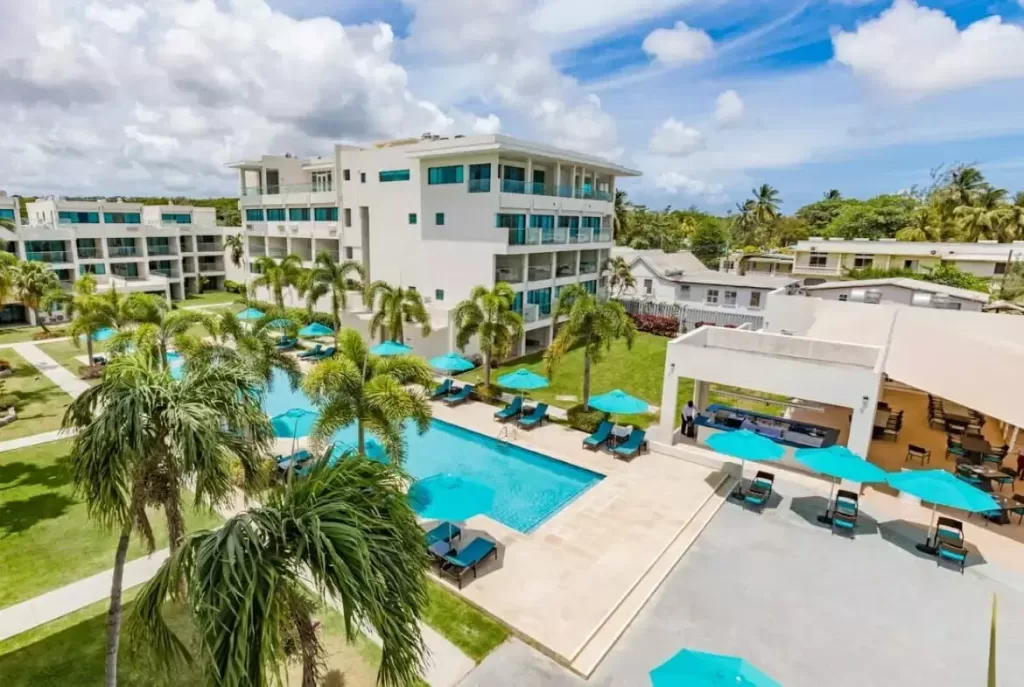
Real Estate Advantages
Taking the citizenship by real estate investment route is a win-win. You gain a second passport while securing a tangible, income-generating asset in a growing market. Although every island has a real estate option, St. Kitts and Nevis’s private real estate option is the most flexible.
How you leverage your new property is up to you. Tourist hotspots like Antigua, Grenada, and St. Lucia have lucrative rental markets, so you could make your new pad a high-end short-term rental on a site like Airbnb or VRBO and generate significant passive income.
You could use your Caribbean property as a vacation home and watch the price appreciate over time before selling it at a tidy profit in five or six years, again making good money while retaining your citizenship
Take Antigua and Barbuda, my adopted home, as an example. State-approved real estate options include high-end villas in resort developments, which offer a slice of paradise for personal use or strong financial returns as vacation rentals.
Safety Net for Uncertain Time
Whether it’s political instability, rising taxes, or an economic downturn, a second passport gives you and your family a secure backup plan. Programs like Dominica and Antigua and Barbuda offer fast processing times, so you can obtain citizenship in as little as 3-4 months.
For many families, this peace of mind is priceless. You’re not just investing in a passport—you’re investing in stability, freedom, and a brighter future for your loved ones.
Total Cost of Program
The cost of these Caribbean programs vary according to country and the option you choose. The donation investment route starts at $200,000 for Dominica or $230,000 for Antigua and Barbuda, while the real estate program runs from $270,000 in Grenada to $325,000 in St. Kitts and Nevis.
In addition, legal and processing fees and due diligence are likely to run an additional $40,000, which puts the average total investment for a family of four around $300,000. Of course, it could also be as high as several million dollars with the right property purchase.
Six Steps to Second Citizenship
Each country has its own unique elements, but generally the process follows these steps and takes 3-6 months to complete.
- Choose Program: prioritize real estate, tax benefits, or family inclusion
- Prepare Documents: Proof of funds, background checks, IDs, etc
- Submit Application: A licensed agent should handle this to ensure it’s error-free
- Due Diligence: Government review of your financials and background
- Make Investment: Finalize the donation or real estate purchase
- Gain Citizenship: Accept your passport and start enjoying the benefits
When I decided to leave Canada and secure Caribbean citizenship by investment, it wasn’t just about escaping taxes or chasing warm weather. It was about taking control of my life and creating new opportunities for myself and my future family.
If you’re ready to take the next step, I can tell you firsthand that the rewards far outweigh the challenges. I’ve lived it myself, and helped others unlock the same freedom. It’s not just an investment—it’s a wise, life-changing decision.
Read more like 20 Great Places to Live for Under $2K / Month
——————–
Dan Merriam is a Caribbean real estate advisor specializing in citizenship by investment, and a partner of Sotheby’s International Realty. Learn more at his website.
